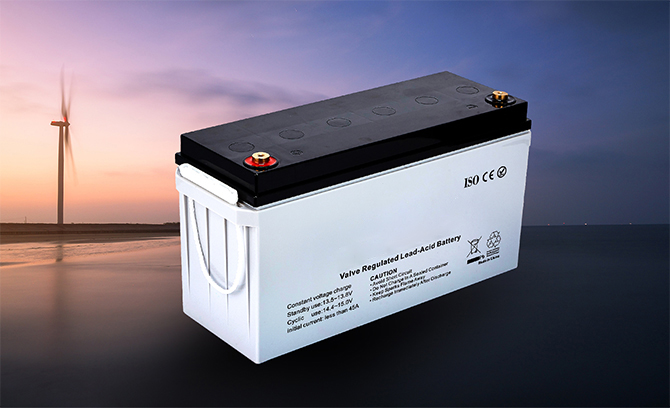Marine lead-acid batteries are specifically designed to meet the demands of marine applications, where reliable power storage and performance are essential for powering various electrical systems on boats, yachts, and other marine vessels.
- Deep Cycle Design: Marine batteries are typically deep-cycle batteries, designed to withstand repeated deep discharges and recharges. This design feature makes them well-suited for applications where a consistent power supply over extended periods is required, such as powering onboard electronics, lights, trolling motors, and winches.
- Vibration Resistance: Marine environments can subject batteries to significant vibrations due to engine operation, wave action, and rough seas. Marine lead-acid batteries are built with robust construction and vibration-resistant features to ensure durability and reliable performance even in harsh marine conditions.
- Sealed or Maintenance-Free Options: Marine batteries are available in both sealed and maintenance-free designs, offering convenience and ease of use for boat owners. Sealed batteries are spill-proof and require minimal maintenance, making them suitable for applications where space is limited or where frequent maintenance is impractical.
- Corrosion Resistance: Exposure to saltwater, moisture, and marine environments can accelerate corrosion and damage to battery terminals and components. Marine lead-acid batteries are often equipped with corrosion-resistant terminals and durable housing materials to withstand exposure to saltwater and other corrosive elements.
- Dual-Purpose or Starting Batteries: Depending on the specific requirements of the marine vessel, marine lead-acid batteries may be available as dual-purpose batteries or starting batteries. Dual-purpose batteries are designed to provide both cranking power for engine starting and deep-cycle capabilities for powering onboard electronics and accessories.
- Low Self-Discharge Rate: Marine batteries are engineered to have a low self-discharge rate, allowing them to hold a charge for extended periods when not in use. This feature is important for boats that may be stored for extended periods or used intermittently between trips.
- Resilience to Temperature Fluctuations: Marine lead-acid batteries are designed to perform reliably across a wide range of temperatures commonly encountered in marine environments. They are engineered to withstand both high temperatures in engine compartments and low temperatures in cooler climates or during winter storage.
- Compatibility with Charging Systems: Marine lead-acid batteries are compatible with a variety of charging systems commonly found on boats, including alternator charging, shore power chargers, solar panels, and wind generators. They can efficiently accept charge from these sources and maintain optimal performance over their lifespan.
Overall, marine lead-acid batteries are engineered to deliver reliable power, durability, and performance in demanding marine applications, providing boat owners with a dependable energy storage solution for their onboard electrical systems.


